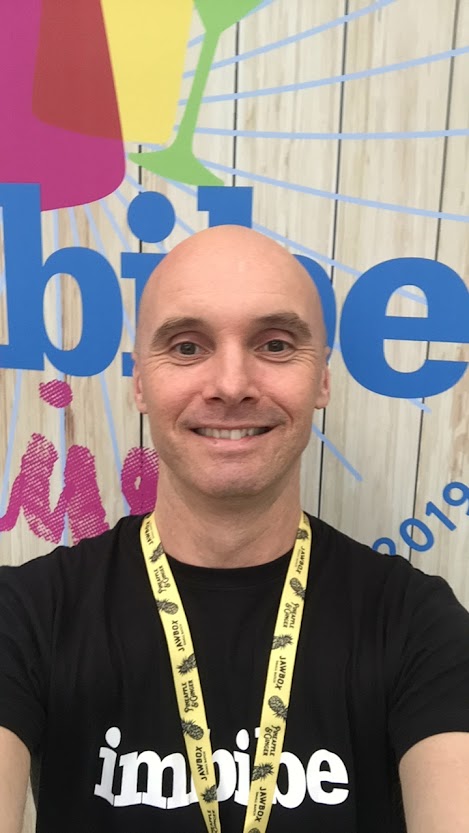We talk to Patrick Mawhood, RX Product Director, about the challenges of developing new technology remotely, and his ambitions for Mercury, RX’s new registration and e-commerce platform.
Q. Patrick, tell us about your current role, and how you arrived here.
A. I’ve worked in technology transformation and product management for about 20 years, the last five of which have been with RX. I love change and I love a challenge so this is a really good space to be in! I joined RX in 2016 as Head of Business Analysis and Engagement, taking on my current role in July 2020. As Product Director for Mercury, I am responsible for establishing the vision and the practical roadmap for our new registration and e-commerce platform. I’m part of a small, agile multi-skilled team of product owners, user experience specialists, business analysts, engineers, testers and project managers. Our role is essentially to figure out what technology is needed to support our event brands, and then deliver it quickly in small bite size chunks.
Q. What are you working on right now?
A. Right now the whole team is getting ready for Functional Fabric Fair (17-18 November) in Portland, Oregon, which will be the first RX event to use Mercury for all customer registration, badging and on-site access. We’re working super closely with the show team and with the US operations team to ensure that everything goes smoothly.
Q. Almost the entire Mercury project has been managed remotely. Can you share some insights into how your team went about it?
A. In actual fact, we were quite geographically dispersed even before the pandemic, so we very quickly established a regular cadence of Microsoft Teams meetings which we basically stuck to. These include daily ‘Tech Stand-Ups’ with our core engineering team to help guide our day-to-day software development. This involves going around the ‘table’ and everyone giving a quick summary of what they did in the last 24 hours, what is coming next, and what blockers they have. We also have unstructured team ‘huddles’ twice a week for the leaders of all of the different domains so that we can talk about the huge number of on-going matters that require attention, such as resourcing, roadmaps, security etc. Every two weeks we deliver what we call a Sprint demo, which is basically a walkthrough of real-life working software by the people who built it, followed by questions. At follow-up Sprint retrospectives, we then review what worked well, what could be improved, and anything else that we learned. Together, these sessions have really helped us to stay on track and adapt quickly to changing circumstances.
Q. What have been the biggest challenges?
A. The biggest challenge we have faced has been with the more complex and ambiguous matters that can arise in a project of this scale and complexity. Not being able to get together regularly in a room to sketch things out on a whiteboard has been a challenge, but we have managed to get into the office safely on a few occasions to do that as well.
Q. What skill would you say has best enabled you in your Mercury role?
A. Recently I qualified as an executive coach. I did it with a view to strengthening my listening skills and it has really taught me the power of listening and asking questions to help bring out the team’s ideas which are usually much better than my own!
Q. What is your ambition for project Mercury?
A. In a nutshell, to be the simplest and quickest registration within the best event experience in the world. It really is as simple and as complicated as that! As well as offering our exhibitors and visitors a much more seamless journey with us, it will enable us, for the first time, to gather data at scale, on hundreds of our shows and across the entire customer journey thanks to how closely we are integrated with the wider RX technology platform We are at the start of the journey, and are not going to get their overnight. But I am really excited to imagine what we will discover, and how those insights might be used to deliver more efficient and rewarding event experiences for our customers in future.



